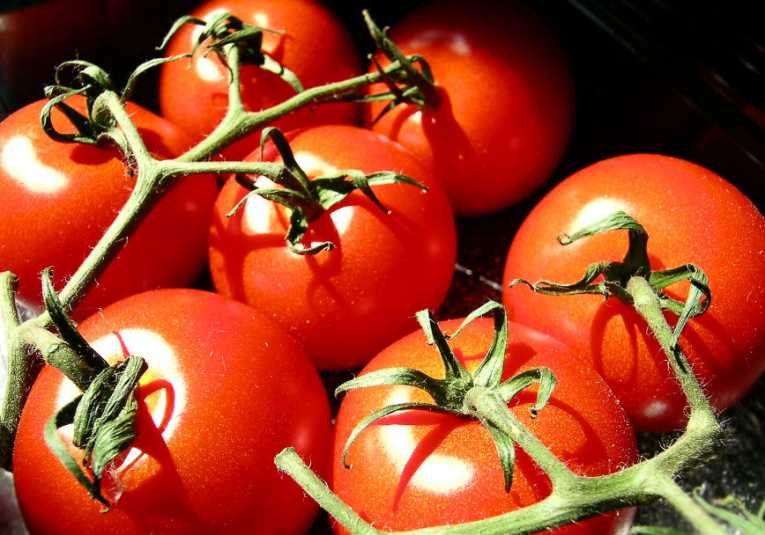There is much confusion surrounding the benefits of eating a diet that has been produced organically, but the truth about organic vs. conventional foods really comes down to the health of not only the human race, but also the earth itself.
Conventional food is actually relatively new in the history of farming. It was not until the twentieth century that chemical fertilizers, fungicides, herbicides and pesticides began to be used in natural food production. Prior to that time, all farming was organic! Thankfully, today we are choosing to revert back to more traditional methods.
Since there are no chemicals used in organics, the food products are naturally better for humans to consume. These chemicals are added to conventional foods in order to prevent crop damage caused by insects and bugs, and also to help the produce last longer.
Unfortunately, these various herbicides and pesticides have entered the water supply as well as the food chain, and have been found to cause some nasty diseases and health conditions. A gradual build up of poisons in the body can add weight, cause headaches and/or a lack of energy and result in digestive problems, to name only a few of the many health issues that have been linked to some conventional foods.
More importantly, these chemicals introduce free radicals into the blood stream. Free radicals are cell destroying atoms that can occur naturally through chemical reactions in the body. They are also introduced through pollution and a variety of environmental factors. The body can protect itself to a point, but it can also become overwhelmed, especially now that they are being brought into the system through food consumption.
Free radicals attack healthy cells and can cause premature aging, as well as cancer and other serious conditions. Therefore, switching from conventional methods to more organic food production is highly recommended in order to reduce the risk of bringing extra toxins into your body.
Buying local, organic food can benefit you in other ways as well. Most supermarkets are filled with fruits and vegetables that have been made in other countries, which are often lacking nutritionally. Vitamins and minerals gradually decrease in fresh foods, so the quicker it reaches your plate, the greater the health benefits will be.
Eating food that is not made locally means that not only will they have added chemicals and preservatives to help them look nice on the outside; but the vitamin content will be present in much lower levels as well. A good rule of thumb is to try and locate suppliers within twenty miles of your home. It is not only healthy; you will also be supporting local businesses and farms.
The soil in which organic produce is grown in is also affected adversely by conventional farming methods. The chemicals seep into the ground and kill off important bacteria and fungi, which are essential to the health of the land.
It is through the soil that plants obtain their minerals, so if they are grown in poor or dead soil, their nutritional quality is compromised. Less microbial activity in the soil will not give the plants enough minerals to grow as well as they could, and the end result is foods that naturally contain fewer natural vitamins, minerals and antioxidants.
Make it a point to seek out locally produced organic foods the next time you go shopping. Not only will you food with the highest nutritional quality, but it will also mean fewer toxins for you and your family to consume.










